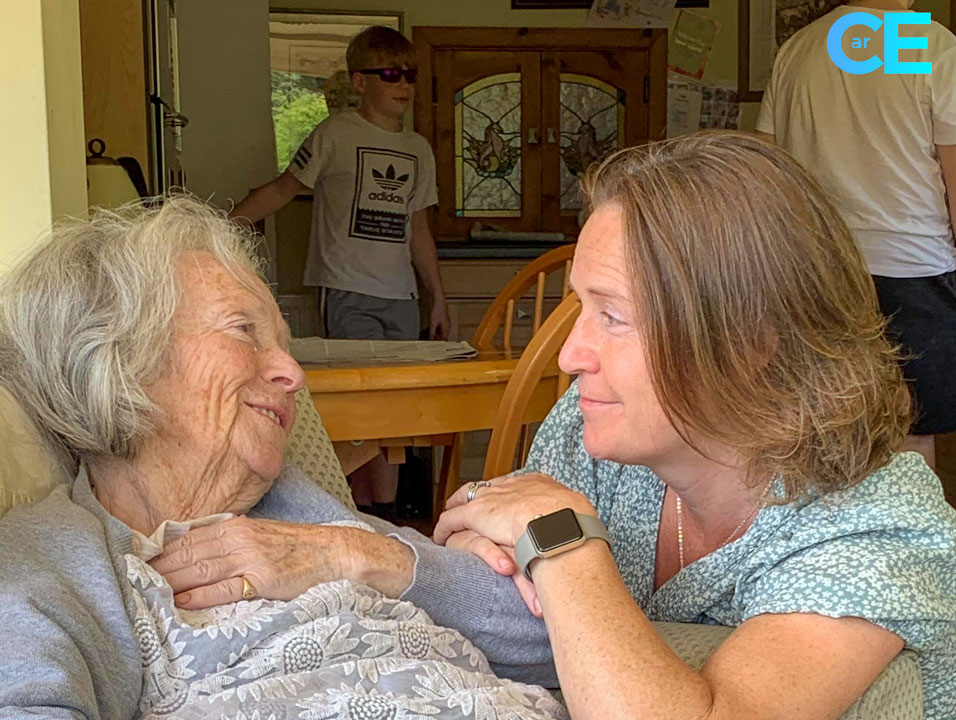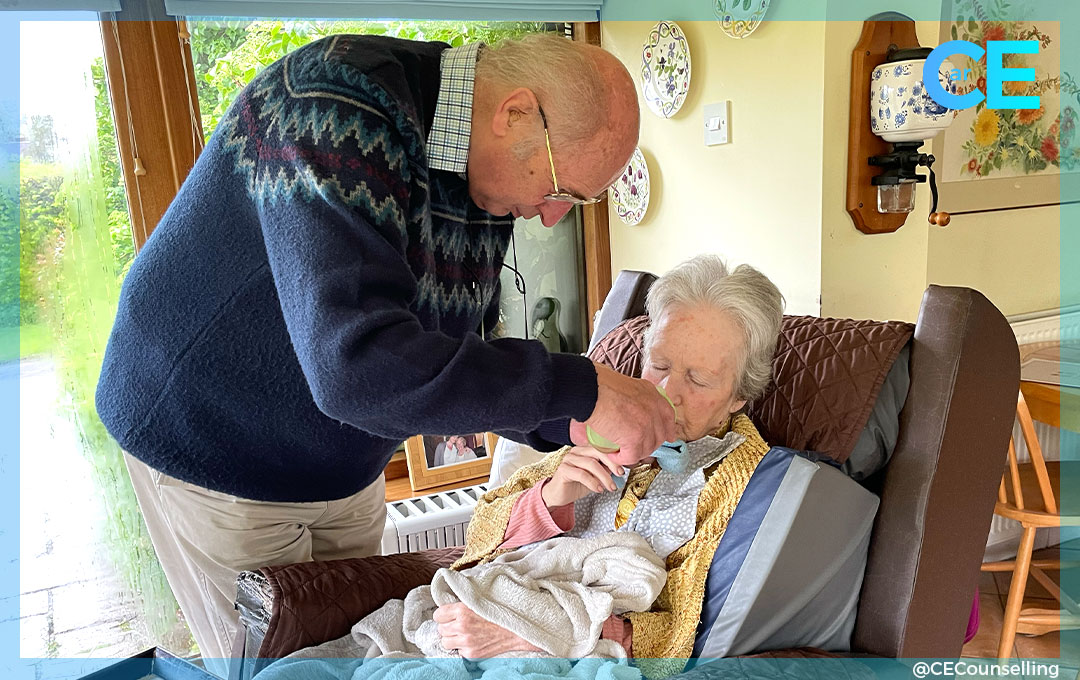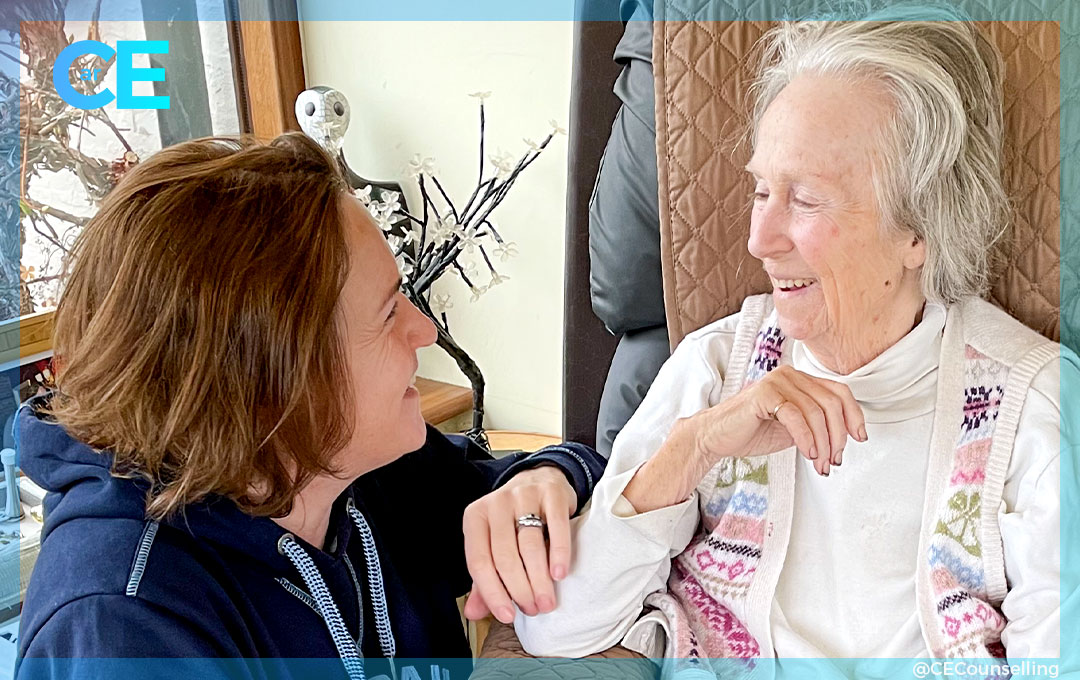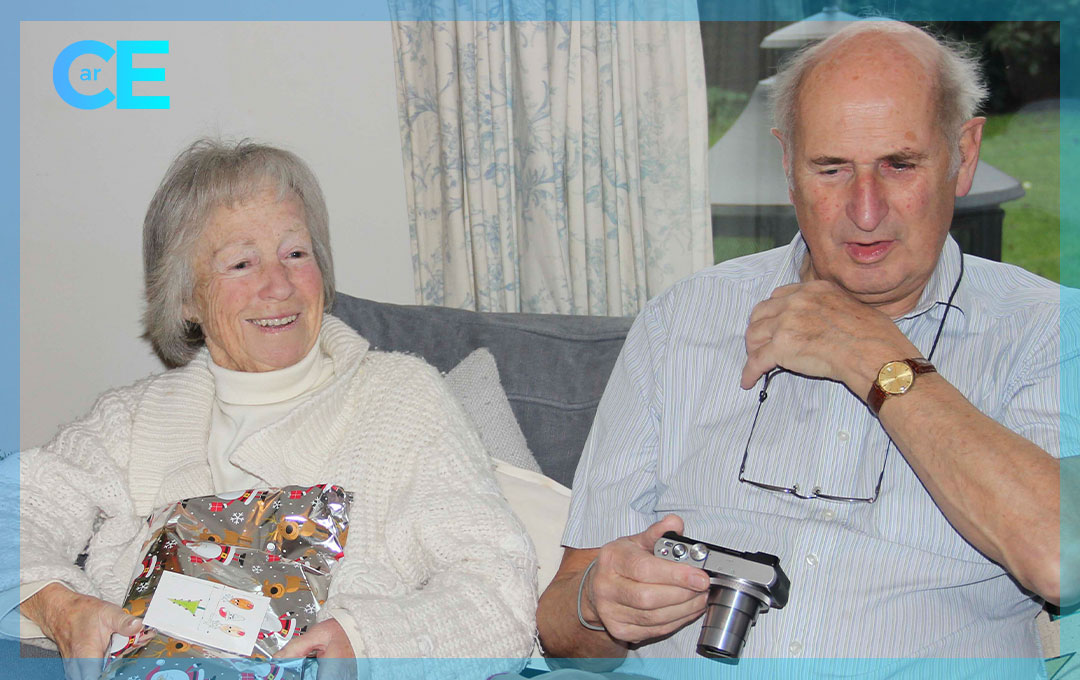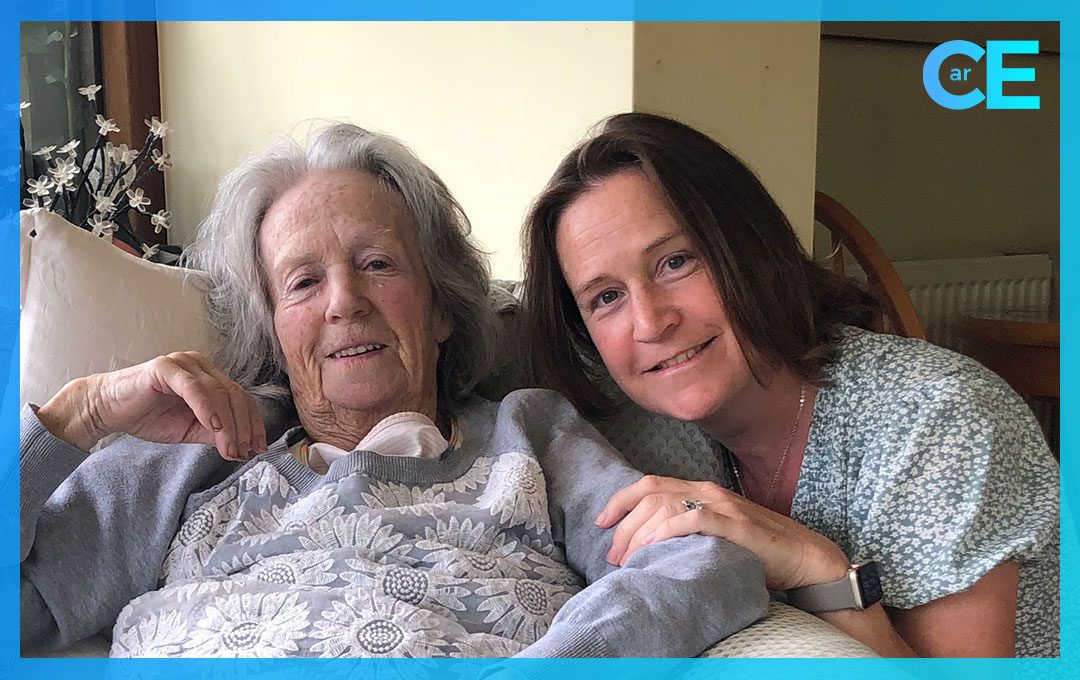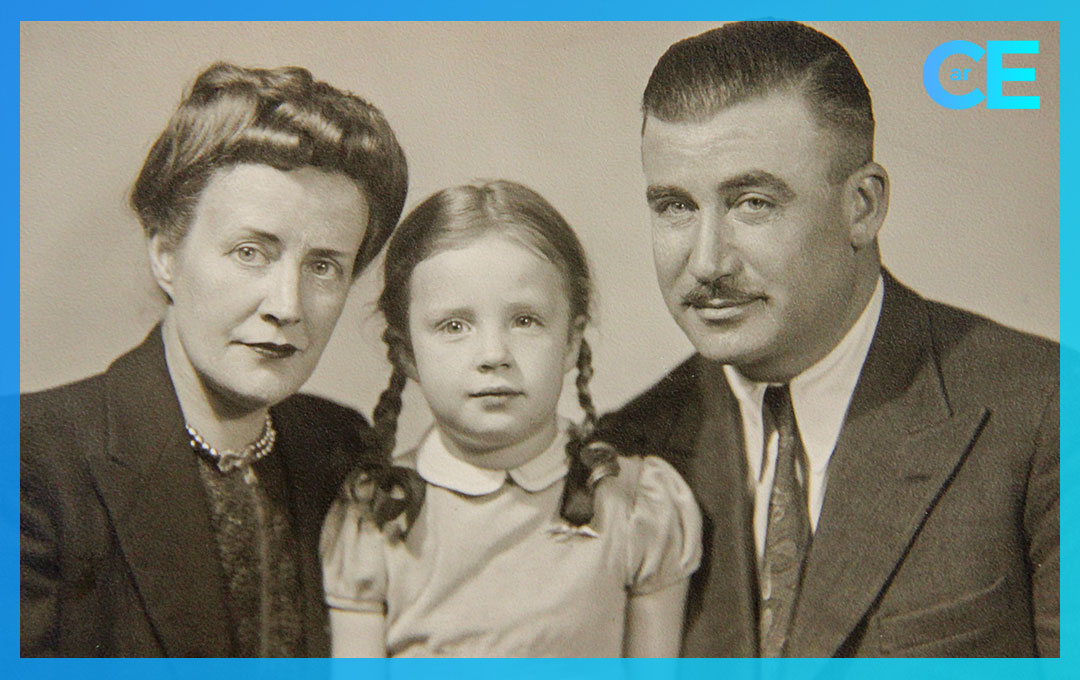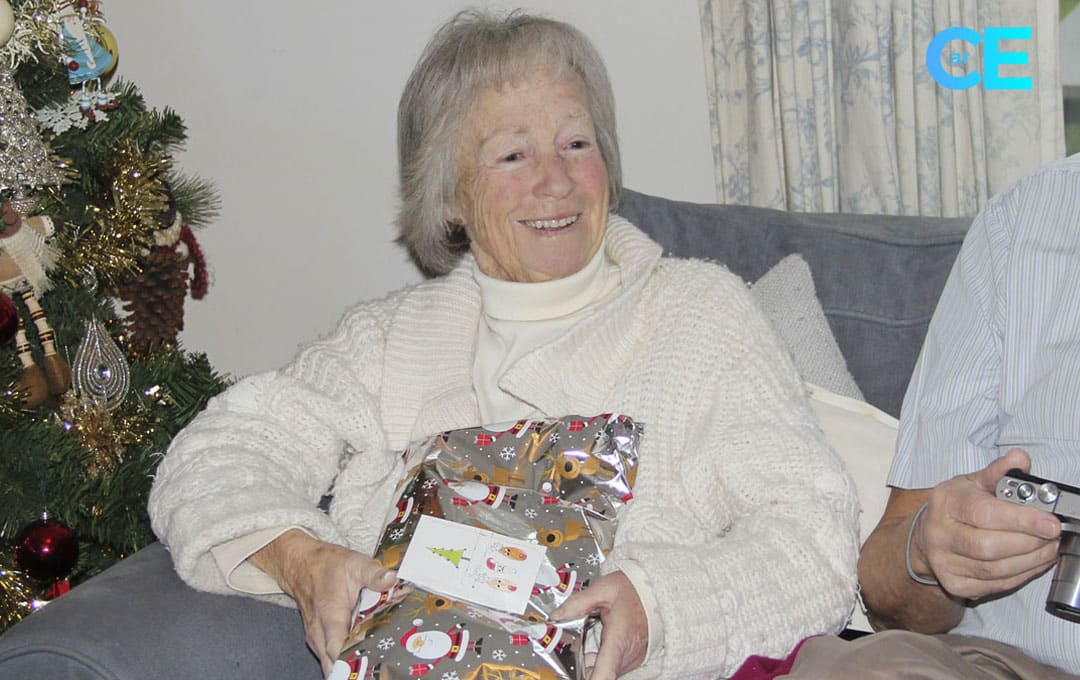Why give Sertraline to Dementia patients
Antidepressants such as sertraline, citalopram, mirtazapine and trazodone are widely prescribed for people with dementia who develop changes in mood and behaviour. (Alzheimer’s UK Society). Sertraline is a selective serotonin reuptake inhibitor (SSRI) commonly used to treat depression, anxiety, and certain other mental health conditions. While it is not a primary treatment for dementia itself, it may be prescribed to dementia patients for specific reasons.
Suggested Reasons for Prescription
Depression and Anxiety: Many individuals with dementia also experience symptoms of depression and anxiety. Sertraline and other SSRIs can be used to manage these mood-related symptoms, helping to improve the overall well-being of the patient.
Behavioural Symptoms: Dementia can sometimes be associated with challenging behavioural symptoms such as agitation, aggression, or irritability. Sertraline, due to its calming effect, may be prescribed to help manage these behavioural issues.
Sleep Disturbances: Dementia patients often experience disruptions in their sleep patterns. Sertraline can have a positive impact on sleep and may be used to address insomnia or other sleep-related problems.
Treatment of Coexisting Conditions: Dementia is often accompanied by other mental health conditions, such as major depressive disorder or generalized anxiety disorder. In such cases, sertraline may be part of a comprehensive treatment plan to address multiple aspects of the patient’s mental health.
Healthcare Professional Supervision
It’s important to note that the use of sertraline in dementia patients should be carefully monitored, and its benefits should be weighed against potential risks. Older adults, including those with dementia, may be more sensitive to the side effects of medications, and there is a need for close supervision by healthcare professionals.
Before starting any medication, including sertraline, it’s crucial for the healthcare provider to conduct a thorough evaluation of the patient’s medical history, consider potential drug interactions, and assess the overall health of the individual. The decision to use sertraline or any other medication in dementia patients should be made on a case-by-case basis, taking into account the specific symptoms and needs of the individual. Always consult with a qualified healthcare professional for personalised advice and guidance.
If you are seeking Alzheimers and Dementia Counselling please get in touch with Caroline Contact who is has years of experience working with carers and those affected by Alzheimer’s and Dementia.
This blog was collated from internet sources for information. Please talk to your GP for more information.
Written by your local counsellor in Fleet, Caroline at Caroline Ellison Counselling – this is my experience and these are my opinions. Carpe Diem.

